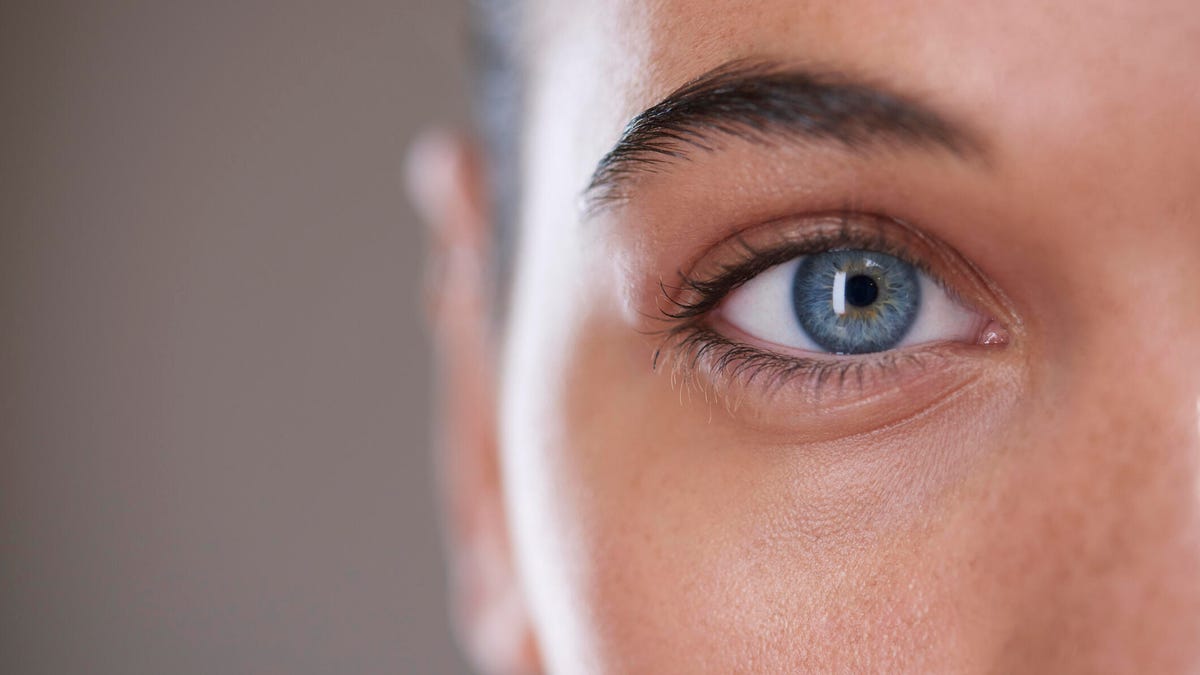Exercise Can Protect Your Vision As You Age. Here’s What to Know

Just a little exercise can go a long way. In fact, the Centers for Disease Control and Prevention reports that regular physical activity can reduce the risk of disease and help with everything from diabetes to heart disease. But it can also improve your eye health.
About 12 million Americans 40 and older have some sort of vision impairment. As we grow older, our eyes weaken and our eyesight becomes affected. However, regular exercise can help protect your eyes. These are the two ways exercise can help safeguard your eyesight so you can make your next visit to the eye doctor a pleasant one.
Exercise prevents eye diseases
As we get older, our eyes become more susceptible to disease, which is why eye disease is more prevalent among older adults. Common causes of vision loss include eye conditions like age-related macular degeneration (AMD), cataracts, diabetic retinopathy and glaucoma — all of which can have lasting and even permanent effects on your eyes.
Exercise has been found to help ward off some of these conditions, meaning that regular fitness appears to also strengthen your eyes and keep them healthy, per the American Academy of Ophthalmology. Even those currently suffering from eye disease have found marked improvements with a lower risk of complications after adopting a regular exercise plan.
Exercise improves eye comfort
We all know the discomfort of dry eyes, but it turns out that regular exercise can help improve that too.
A 2022 study in Experimental Eye Research shows that exercise can promote stronger tear film production. Tear film keeps the eye moist and protects your cornea; it can even help your eye heal faster from injury. However, when you do not have enough tear production, it can be downright excruciating. It can lead to eye inflammation and corneal disease, in addition to just blurred vision and dryness.
In the 2022 study, those who exercised at least five times a week benefited from better tear production and quality over those who exercised only once per week or not at all.
How to exercise for eye health
Even if you don’t exercise much now, it isn’t too late to start. You don’t need a ton of exercise to experience eye health benefits, either.
Adults need 150 minutes of moderate-intensity aerobic exercise each week to meet the Department of Health’s guidelines. To achieve this, consider things like speed walking, cycling, water aerobics, doubles tennis or chores like gardening or moving the lawn.
If you choose vigorous-intensity workouts, the guidelines only call for 75 minutes of exercise each week. Go running, swim some laps or play basketball to really get your heart rate pumping.
Here are other tips to help you exercise for eye health:
-
Create a schedule. Although it can seem overwhelming, a regular schedule can help. You can easily break this up into 30-minute workouts each weekday and still give yourself weekends off.
-
Find a partner. Having a workout partner can help with motivation on those days when the gym isn’t so appealing. Playing a sport or going for a long walk are social ways to exercise while enjoying the company of a good friend.
-
Protect your eyes. Always wear sunglasses outside to protect your eyes from harmful UV rays. You should also use protective eyewear when doing potentially hazardous activities, like playing sports or mowing the lawn.
-
Don’t smoke. Smoking can do more than just give you lung cancer. It can also lead to severe eye damage and even blindness.
-
Check your family history. Ask family members about any family history of eye disease. This way, you know what you look out for and can work with your doctor on preventive treatment.
-
Visit your doctor. Be sure to schedule an eye exam at age 40 even if you haven’t previously had vision issues, with exams every one to two years for adults 65 and older.
With regular exercise, you are sure to see improvements within your body. In addition to improved eye health, you may also enjoy better mental health and even better sleep. It can even help you live longer.
It’s more than worth it to get outside and get moving. Your body — including your eyes — will thank you for it.
Source: CNET















